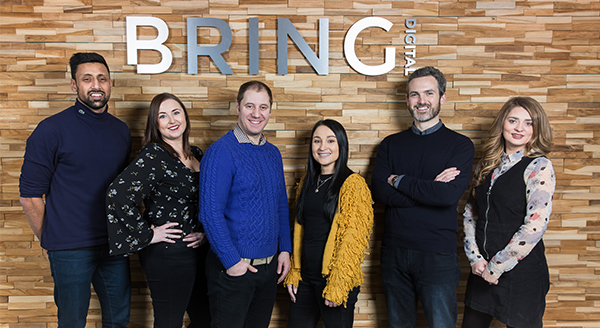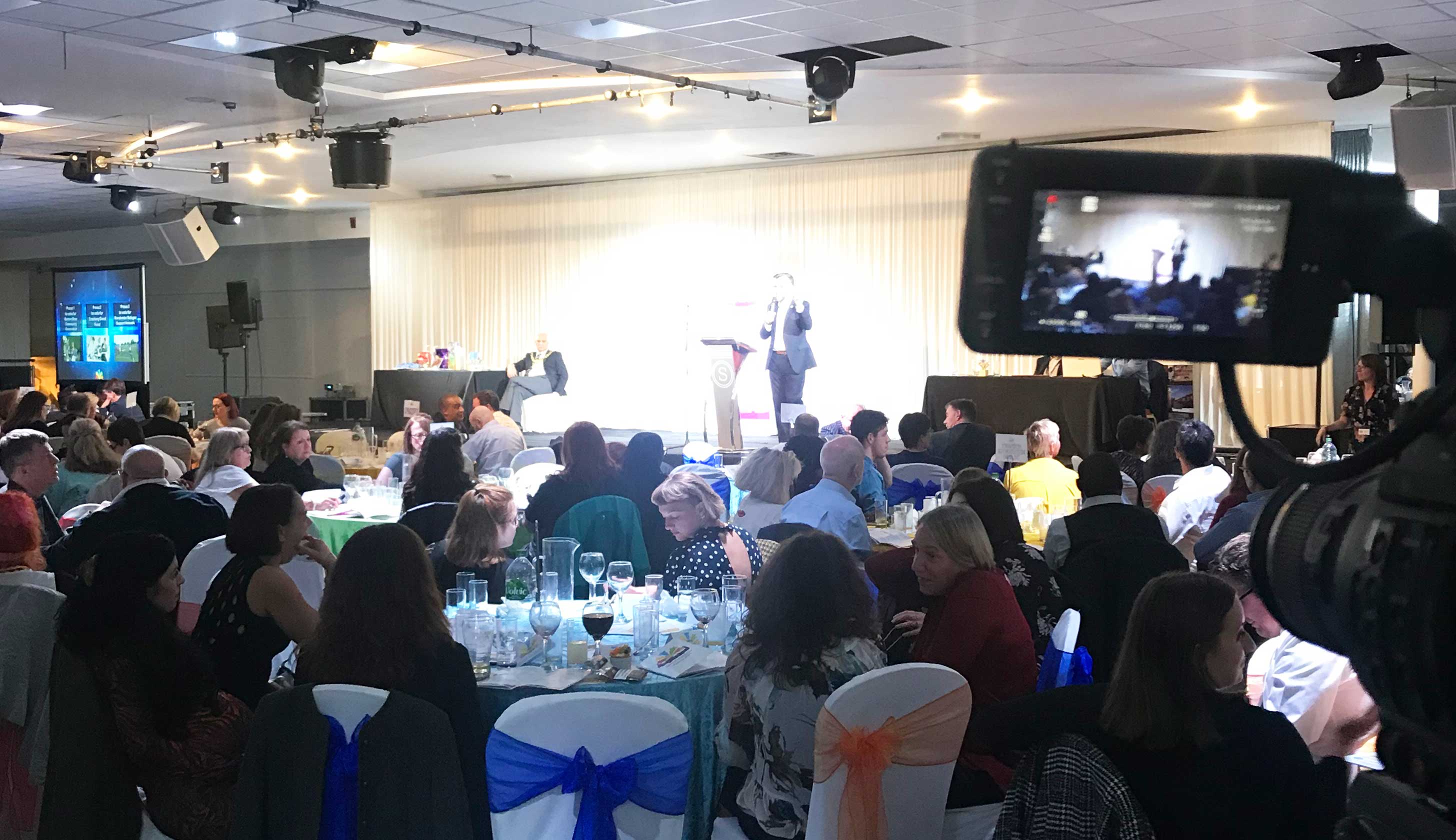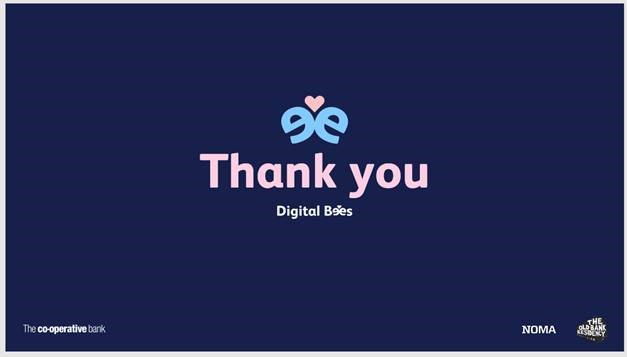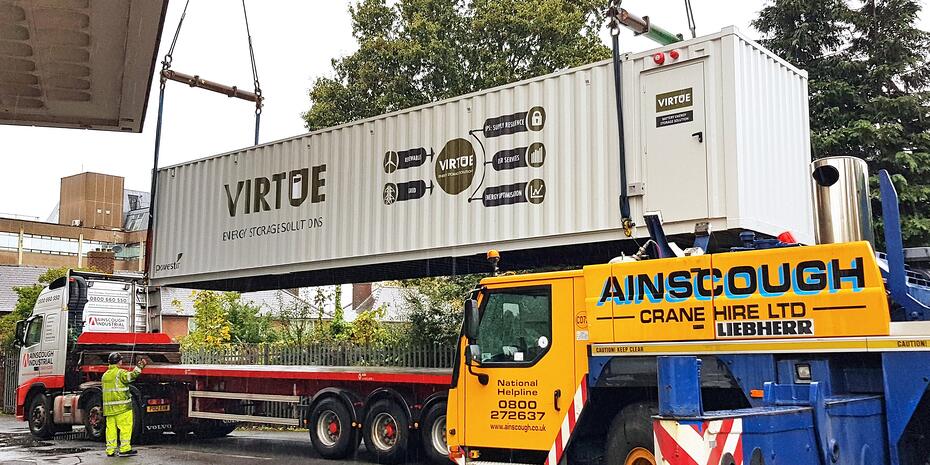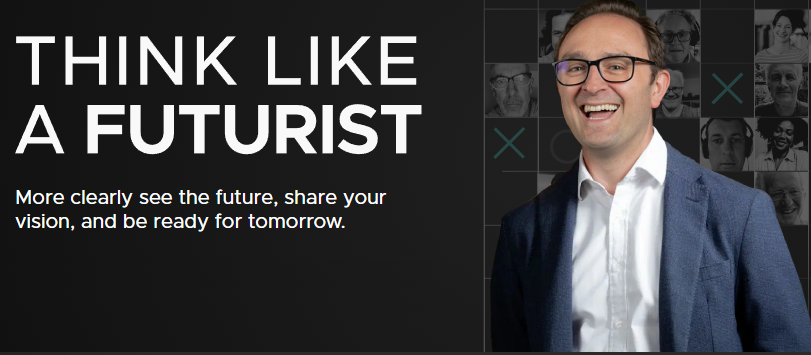
Ahead of his appearance at the Digital Skills Festival Conference on Monday 6th February, Applied Futurist Tom Cheesewright has written a guest blog for Manchester Digital.
During lockdown, a quarter of the UK population took up hiking. Why? I believe it was a reaction to our digital isolation. Stranded behind our screens, we craved something real and natural. For the same reason, we bought over 3 million pets in the same period.
This isn’t an argument against our increasingly digital lifestyles. I’d be making that argument in the wrong place for a start. And I would be the wrong person to make it. I’ve been trying to digitise aspects of my life since I could get my hands on a keyboard, or singe my fingers on a soldering iron.
My point is to highlight something important about humans in an increasingly digital landscape. The more we are surrounded by screens, the more we crave the organic. The more value we place on things that are ‘real’, rich and warm.
Trends and Pressures
This is the sort of countervailing trend that comes up a lot in my work as a futurist. I help organisations around the world to see the future more clearly, tell their stories, and respond to what we see. I do this using a variety of tools; formats for structured thinking that help you to get out of the day-to-day and explore what might be.
What surprises me in almost every organisation I work with, is how little time is spent thinking about the future. And how ill-equipped people are to do it.
A few years ago I surveyed chief finance officers around the world with one of my clients, and they told me that their annual budget - the one piece of forward planning that every company does, every year - often doesn’t align with the company strategy.
I ask clients if they can spend one percent of their time focused on the future. Their initial reaction is usually “That doesn’t sound like much. Of course!” But once you translate it into days - one day every six months where you shut out the day-to-day and focus on the future - they find it hard to carve out the time.
Consciously Digital
This is why futurists like me are busy. Those companies that recognise the deficit of foresight in their organisations tend to pick up the phone and ask for help. But there are only so many of us right now. And we’re not working with the majority of organisations out there. Even when we are working with the big ones, we might only be touching 5% of the business. In short, we need more people to think like a futurist. To recognise the importance of foresight, and to have the skills to share it.
This feels particularly important right now. The digital industry is on the cusp of its next revolution. No-one knows quite what it will look like yet (though I have my ideas), but our primary interface to the digital realm will probably be something we currently name as ‘the metaverse’ within a decade.
How that vision plays out relies on people thinking about it now, and defining a space that works for everyone. Futurists who can understand how the pressures of prejudice, climate, and conflict, inequality and inequity, might intersect with the technological trends of AI, deep fakes, and mixed reality. I’m optimistic but the risks are very real.
Skills for the Future
There are many skills we need to make the most of our digital future, in Manchester and beyond. Skills of discovery, collaboration, creativity, control and communication. But we also need foresight. The ability to lay out a vision of the future, to recognise the many scenarios that might play out, and to plot a path to the best one.
Get 10% off Tom's Think Like A Futurist course with the code manchester23.



